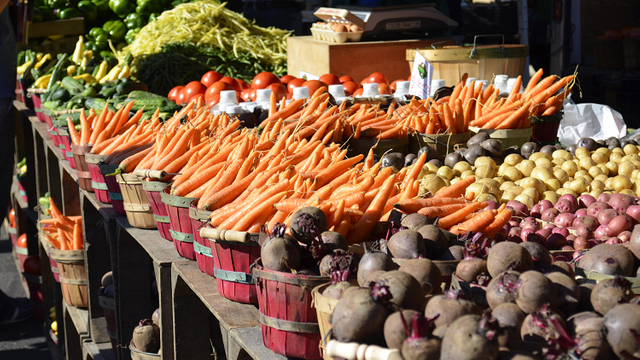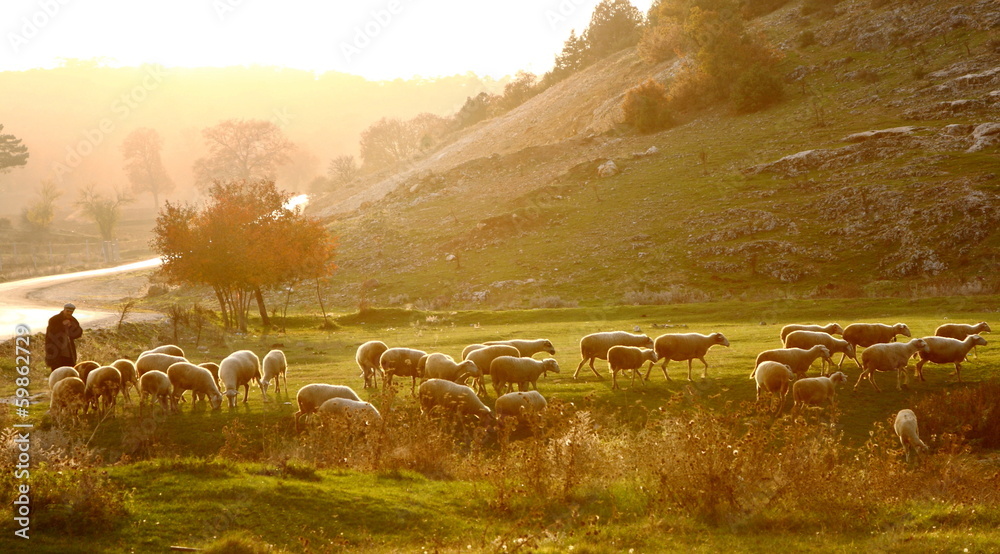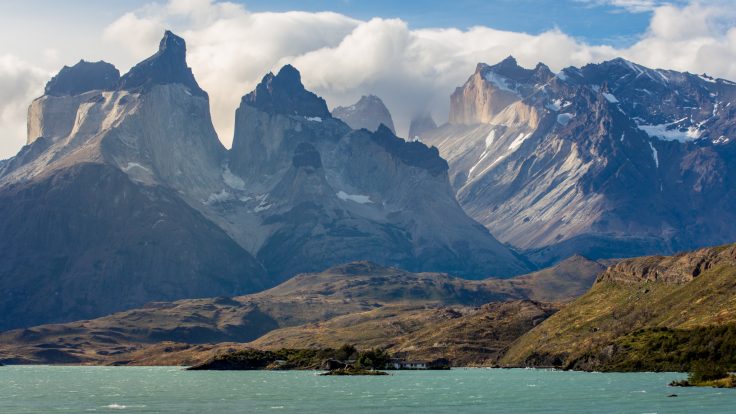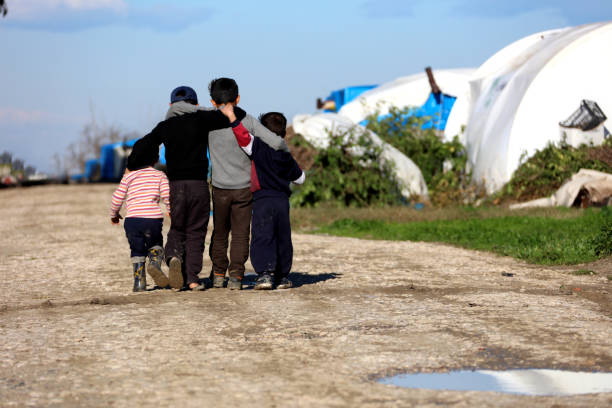Defining spirituality is difficult. If we attribute it to a god, we miss that many unbelievers attest to having spiritual experiences. If we assign it to a nebulous immaterial presence, we encounter the problem of making something amorphous and undefinable into something that is physically real. And if we say that spirituality is thoroughly human, we run into the perennial dilemma of understanding how consciousness can emerge from inert matter.
Wassily Kandinsky, a Russian surrealist painter and whose birthday occurred earlier this month, thought much about spirituality in regard to art. He did so as a way of explaining how art overwhelmed what he considered to be the spiritual darkness of Marxism. In art, Kandinsky said, we feel hints of transcendence, intimations of things we cannot easily fathom, emotional insights that we do not experience otherwise. We look into another world, a world of purer light, real or imagined, a world that eclipses the rigid (and, to him, meaningless) materialism of the Marxist worldview.













